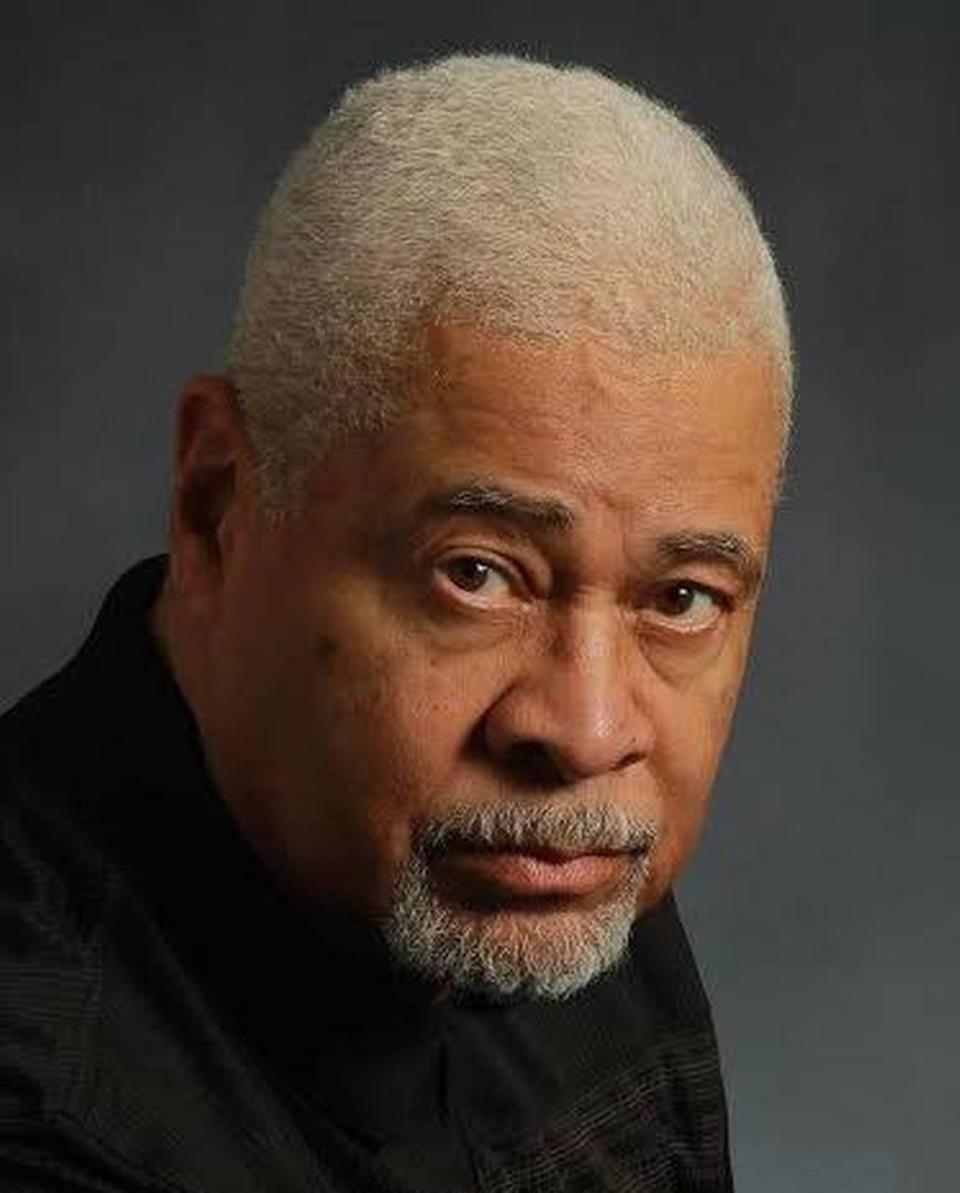Under the baobab: Films from a Black perspective play important role
- Oops!Something went wrong.Please try again later.
- Oops!Something went wrong.Please try again later.
Last year as I was wrapping up the latest episode of “All the Queen’s Men,” the director asked me if I wanted to try a role on one of his special projects, a feature film called “A Jazzman’s Blues.” When your director is a creative and financial genius, owner of one the largest movie studios in the world and a powerful prolific producer in the industry, and a billionaire besides, you say yes immediately. “Jazzman’s Blues” was Tyler Perry’s first film screenplay. August Wilson advised him to produce the film. Now over 20 years later he was getting around to it. In a small but important role, I portray an abusive grandfather.
A New York Times critic said the film “is packed with outsized emotions but also grand themes. The relationship of anti-Semitism to white supremacy gets a significant nod. And while addiction, domestic abuse, and rape have in the past been Perry staples — and appear here as well — they’re now in the service of a more expansive, chastening saga.”
The reviewer might have added that Perry deals not only with issues of interracial conflict such as white supremacy but grapples with intra-racial conflicts between Black folks as well. It is special and provocative. I believe it is his best film as a director. (“Madea” does not make an appearance.)
“A Jazzman’s Blues” was one of three films from a Black perspective that opened last weekend. The other two were “The Silent Twins,” about two sisters who devise a unique means of communication to shield them from the brutality of the world of white supremacy, and “Woman King,” which celebrates the army of women that protected the Dahomey Kingdom in the 19th century. It features a brilliant performance by Oscar, Emmy and Tony Award winner, Viola Davis.
It was the first time that three Black films were successfully released the same week. “Woman King” was the top grossing film in the country last week. While viewing them I saw the previews for two other Black films coming out soon — the sequel to the hit “Black Panther” and the Whoopi Goldberg produced “Till” about the 1955 lynching of Emmett Till. I knew Emmett, a fellow teenager in Chicago, who also had relatives in Mississippi. I plan on seeing the film when it premieres next month at the New York Film Festival.
Back in the ‘60s, Black adventure films, commonly called “Blaxploitation Movies,” were popular, primarily in the African American community. It was crucial to helping members of the African American community establish and restore a sense of a dignified identity despite their somewhat non-realistic themes. These recent films have a more universal audience. They are attempts by artists of color and others to incorporate the stories of diverse peoples into the American narrative. Think of the importance of “Roots” in telling the story of enslaved people in America and “Black Panther” in creating a different image of Africa. It is a process crucial to recreating us as a people, which historically should have included all of the people.
Around town
Congratulations to Coach Franklin and the 11th ranked, 4-0 Penn State football team. Coach Katie Schumacher-Cawley’s 9th ranked women’s volleyball team has moved up in the rankings as well.
We attended a wonderful production of “Prince Hamlet,” a bilingual, signed and hearing production. It was presented by the Center for the Performing Arts at Penn State at the Playhouse Theatre. Produced by Why Not Theatre, it featured hearing and deaf cast from Canada, with Eli Pauley as Hamlet and Dawn Jani Birley, the ASL and visual translator played Horatio.
We are living in exciting times which call for artists to create innovative projects to help us find our paths through the ball of confusion.
Charles Dumas is a lifetime political activist, a professor emeritus from Penn State, and was the Democratic Party’s nominee for U.S. Congress in 2012.


